According to Australian talent coach Craig Bruce, three essential ingredients of thriving personality radio are chemistry, curation and conversation.
“Working with talent; working with shows; working on the performance was what I loved most”, he says when looking back over 20 years of working at Southern Cross Austereo, where he eventually was responsible for all stations as Head of Content, before becoming a full-time talent coach. At Next Radio 2016, he shared ideas to help you get the best out of your on-air talent, based on interviews with 12 of Australia’s top personalities for his Game Changers: Radio podcast.
“They have to know you’re in their corner”
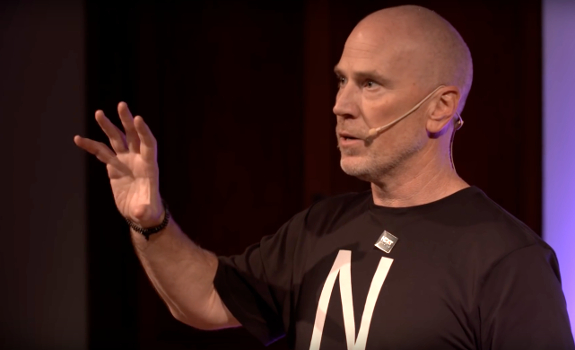
Radio talent coach and former content director Craig Bruce explains that radio personalities want to feel supported by their program director or executive producer (image: YouTube / Next Radio)
Embrace your occasional insecurity
Bruce observes that, even if they’re obviously all different people, all of these 12 radio stars have one thing in common. “It’s the exchange that happens at the end of each podcast, when we take off our headphones and turn the microphone off, and the person on the other side of the desk says to me: how did it go; did I give you what you want?” He finds that interesting. “These guys are really successful, and good at what they do… and yet there is that degree of uncertainty in pretty well every performance they have. I reckon it goes right to the heart of the content director/producer and talent relationship. There’s this tension between what we expect of talent, which is to be vulnerable, real and authentic on air, and the absolute skill and sometimes bravery that it takes to do it.”
Back your talent up
Matt Tilley of Matt & Meshel in the Morning on KIIS 101.1 in Melbourne speaks about that subject in his podcast, saying: “This is a job where every day of my life, I’m still not sure how something’s gonna’ go”. He can only feel something might work, but in the end, he says, “we’re all be fighting for ten past eight” [when all morning shows have the most potential listeners]. For context, Craig Bruce adds that Tilley is on air for two decades, hosting the number 1 show in his market. And he’s still unsure. As this is true for most presenters, program directors and executive producers should first of all provide support, respect and empathy towards their presenters, “understanding that what they do; being real and authentic on the air, is unbelievably exhilarating, but that it’s pretty scary as well”.
Support your personality’s performance
What does Chrissie Swan of Melbourne’s Nova 100 morning show Chrissie, Sam & Browny need from a content director? “I like someone who likes me, and I need to know really in my bones that you like me, and that you care about me. That’s really important to me, because my work is my life. I need to know that they like me. I need to know that they trust me.” While a program director and show producer can always set conditions for contributions like attending meetings at certain times or preparing content at certain levels, Bruce thinks they should be unconditional about performance. That is because of the nature of radio personalities. “They are unique, interesting, often complicated individuals. They have to know you’re in their corner.”
“What they were doing every day was playing to their strengths”
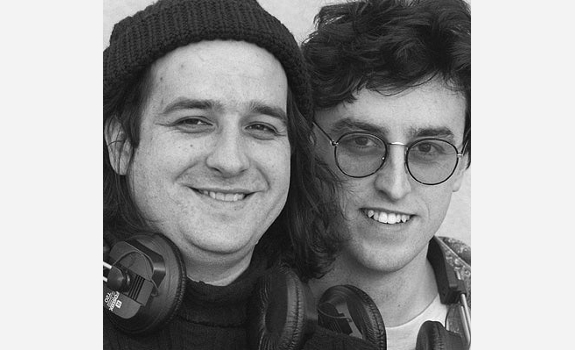
Knowing what you’re good at, and focusing on it, makes a difference (image: Champagne Comedy)
Master your format basics
Craig Bruce recalls how The Hit Network’s afternoon drive duo Hamish & Andy started at Southern Cross Austereo with a 5-year development, including weekend breakfast shows, late night shifts, and filling in for morning shows. “They really bought in on the process of learning about the fundamentals.” Hamish Blake says in the podcast that it can be a really useful to know the radio rules: “I think everyone’s the same. You come in, and go: man, we’re gonna’ break all the rules. Then you realise: at least 95 percent of the rules are there because they work. You can’t throw the rule book out of the window ‘till you’ve read the rule book!” Getting format radio basics right allowed them to identify possible areas to exceed a standard or to challenge a convention. “I guess what that is, is just the process of finding your voice.”
Polish your ‘raw diamonds’
Bruce agrees that radio formatics are an important foundation. “Learn it before you start trying to reinvent the wheel.” He’s found many ambitious, new shows & talents to be impatient. “They want to get from first base to home run without having the foundational aspect of the show in place. If you’re working with young shows, one of the key things is to keep them grounded in the fundamentals for as long as you can, until they become virtually a reflex action.” While all radio personalities seem to be insecure about their daily performance, Craig Bruce noticed an interesting paradox in all of his recent interviews. “All of the Game Changers have been crystal clear on what they’re good at.”
Leverage your greatest gift
One of today’s top personalities in Australian radio is Mick Molloy, now on The Hot Breakfast at Triple M in Melbourne. Back in the mid-1990’s, he and Tony Martin hosted the country’s first nationally syndicated afternoon drive time show, Martin/Molloy. Both were young, and only had a comedy writing background; no radio experience. So what made their show successful anyway? “We were lobbing to our forehand”, Molloy explains in the podcast. “Performing was still fairly fresh to us, but we knew we could probably out-write most people. Over the journey, we became stronger performers.” Bruce’s advice is to know or find out what you’re good at, and use that talent to the max, like Martin and Molloy. “In their mid twenties, they developed this confidence and this comfortability on the radio, because what they were doing every day was playing to their strengths.”
“It really captures the power and beauty of radio done well”
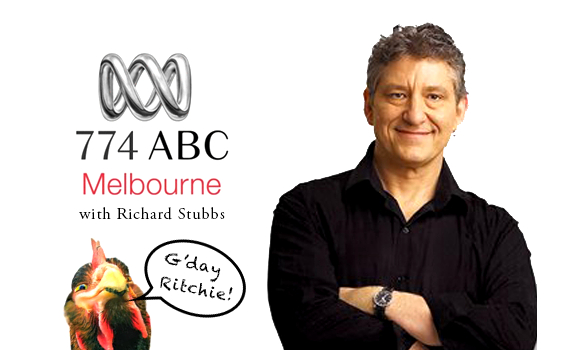
True radio personalities make real conversation, and address listeners personally (image: ABC)
Evolve your team chemistry
Marty Sheargold, co-host of Nova’s nationally syndicated afternoon drive show Kate, Tim & Marty, has an interesting view on the need to have a dynamic between cast members. “It doesn’t have to be a loving relationship. Chemistry can be equally negative, but still really present, and make great radio. Conflict can be as interesting as people getting along, and can be equally successful.” In Craig Bruce’s experience, most new shows that are starting to attract an audience, are also beginning to evolve their chemistry simultaneously. “If you have research, and you’re talking to listeners about the show, one of the things they’ll say to you is: […] sounds like they’re having fun together, or: sounds like it’s more natural than it was before.” He’s relentless about what to do if there’s no chemistry. “You’re just gonna’ back the truck up, and get the hell out. Just start again. You can’t be successful on the radio unless you have something going on.”
Manage your content curation
“The art of moving away from the pack; not closer to it” is what he calls essential. “Radio is one of those classic, ‘me too’ convergence industries. Who’s the leader? Let’s follow them.” He’s found that every Game Changer managed to be (and stay) different. He plays another clip of Mick Molloy, who remembers when he and Tony Martin were asked to interview Bryan Adams and Céline Dion, but decided to say: no, thank you. “We knew that if we lost control of the show, we would quickly, quickly become another show on that dial, and we would have lost anything that we wanted to do.” Bruce adds that “what happens with really great shows is that they eventually break with convention, and find their own path. They end up with this sonic package that is just different to the rest based on the choices that they make.”
Increase your one-on-one conversation
Richard Stubbs, the first Australian comedian who made a crossover to radio, illustrates how powerful something ordinary like ‘conversation’ can be when he recalls how he said goodbye to the listeners when he decided to leave his long-running ABC Radio Melbourne talkshow:
“You and I need to talk — it’s six words, but it really captures the power and beauty of radio done well”, Craig Bruce says in closing, stimulating broadcasters to reflect a feeling of intimacy in their presentation. “There might be hundreds of thousands of people listening, but at the end of the day: you and I need to talk.”
Header images: NOVA Entertainment, Southern Cross Austereo, YouTube / Next Radio

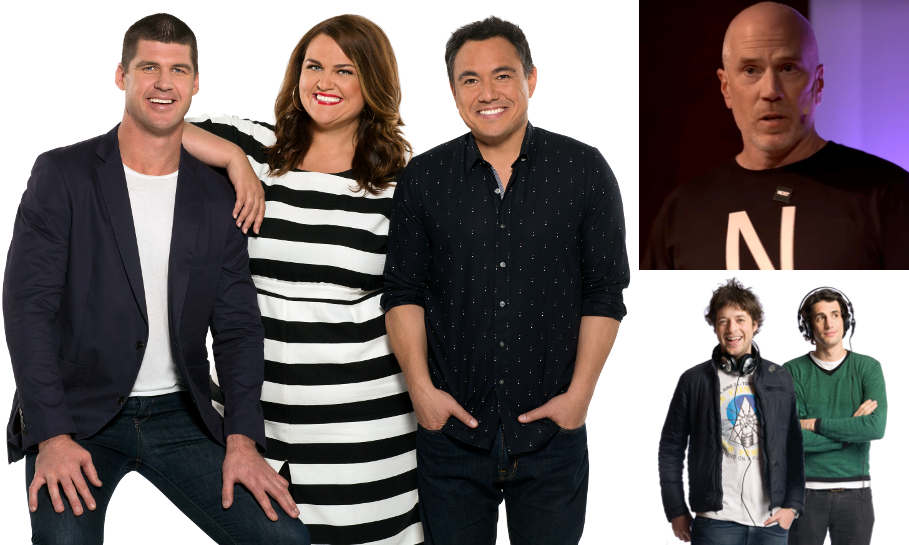
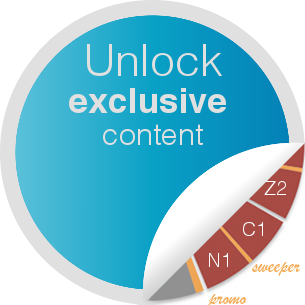


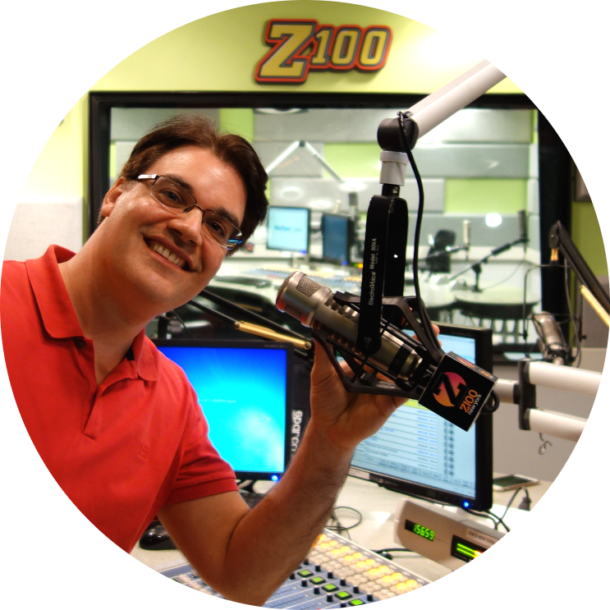
Add Your Comment